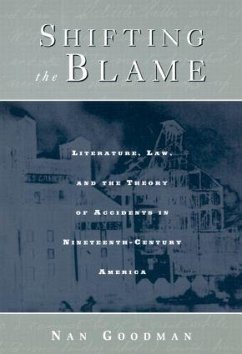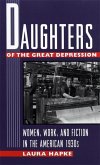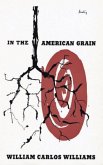When someone gets hurt in an accident we reflexively ask a set of questions which ultimately comes down to "who was blameworthy?" Yet early nineteenth-century Americans were entirely, and to the modern reader, astonishingly, uninterested in this line of reasoning. Their concern was "whether" an accident had happened and not "why." Nan Goodman takes this transformation in legal and popular thought about the nature of accidents as a starting point for a broad inquiry into changing conceptions of individual agency-and ultimately of self-in industrializing America. Goodman looks to both conventional historical sources and the literary depiction of accidents in the work of Mark Twain, Stephen Crane, Charles Chesnutt, and others to explain the new ways that Americans began to make sense of the unplanned.







![My Thirty Years Out of the Senate. by Major Jack Downing [Pseud.] My Thirty Years Out of the Senate. by Major Jack Downing [Pseud.]](https://bilder.buecher.de/produkte/23/23186/23186020m.jpg)
